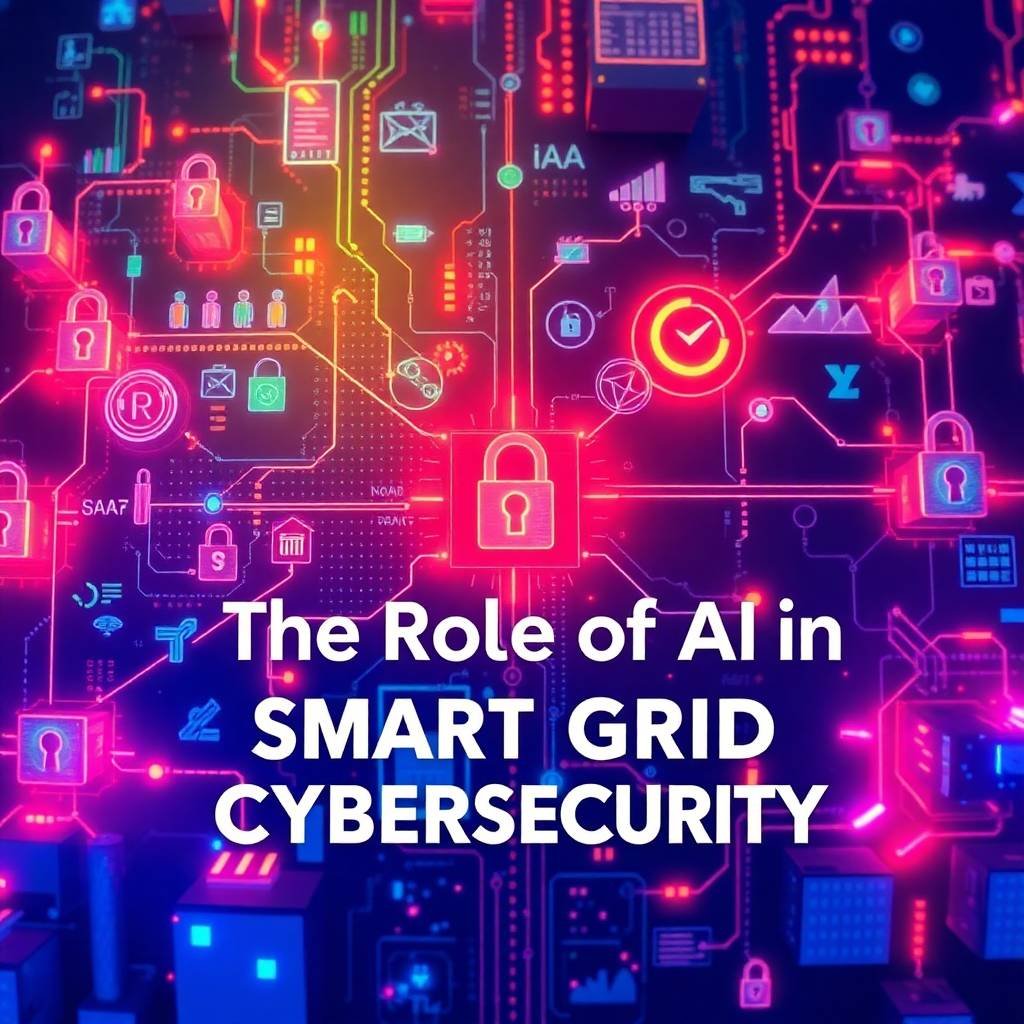Introduction
In the digital age, the transition to smart grids represents a significant advancement in how energy is distributed and managed. These intelligent systems offer enhanced efficiency and reliability but also introduce new vulnerabilities to cyber threats. As the backbone of modern energy infrastructure, ensuring the cybersecurity of smart grids is critical. Artificial Intelligence (AI) is emerging as a powerful ally in this endeavor, providing advanced tools for detecting, preventing, and responding to cyber attacks.
Current Applications of AI in Smart Grid Cybersecurity
Threat Detection and Analysis
AI systems are crucial in identifying and analyzing cyber threats in real-time within smart grids. By employing machine learning algorithms, AI can detect unusual patterns and anomalies in network traffic, which may indicate a potential cyber attack. This proactive threat detection capability enables the early identification of risks, allowing for timely responses and mitigating potential damage to the grid.
Automated Incident Response
AI-driven automated incident response systems enhance the speed and efficiency of addressing security breaches within smart grids. These systems analyze threat data and execute automated responses to contain and neutralize threats swiftly. By reducing the reliance on manual intervention, AI improves the overall efficiency of cybersecurity operations, ensuring minimal disruption to smart grid services.
Benefits of AI in Smart Grid Cybersecurity
Enhanced Threat Intelligence
AI significantly enhances threat intelligence by continuously monitoring and analyzing data to identify potential vulnerabilities and emerging threats. This ongoing vigilance helps maintain a robust security posture, ensuring the resilience of smart grid infrastructure against cyber attacks.
Improved Efficiency and Accuracy
AI technologies increase the efficiency and accuracy of cybersecurity measures by automating routine tasks and minimizing human error. This allows cybersecurity teams to focus on strategic initiatives and complex problem-solving, ultimately strengthening the overall security framework of smart grids. By automating threat detection and response, AI ensures that security operations are more efficient and reliable, safeguarding the integrity of energy distribution systems.
Challenges and Considerations
Data Privacy and Security
The use of AI in smart grid cybersecurity involves processing significant amounts of sensitive data, raising concerns about data privacy and security. It is crucial for AI systems to comply with data protection regulations and implement robust security measures to safeguard user information. Ensuring transparency in data handling practices is essential to build trust among stakeholders.
Integration with Legacy Systems
Integrating AI technologies with existing legacy systems in smart grids can be challenging. Compatibility issues may arise, requiring careful planning and investment in technology upgrades to ensure seamless functionality. Addressing these integration challenges is vital for the effective deployment of AI-driven cybersecurity solutions, allowing them to work harmoniously with traditional grid infrastructure.
The Future of AI in Smart Grid Cybersecurity
As AI technology continues to evolve, its role in smart grid cybersecurity is poised to expand significantly. Future advancements may include more sophisticated AI algorithms capable of predictive threat modeling, enabling proactive measures against potential cyber attacks. AI-driven security orchestration could facilitate seamless coordination between various security tools and protocols, enhancing overall defense strategies.
Additionally, enhanced collaboration between AI systems and human analysts could improve the accuracy and effectiveness of threat detection and response. By combining human intuition with AI’s analytical capabilities, smart grids can achieve a higher level of cybersecurity resilience.
Conclusion
AI is playing a crucial role in enhancing smart grid cybersecurity, offering solutions that improve threat detection, response, and prevention. While challenges remain, particularly regarding data privacy and system integration, the potential benefits of AI in this field are significant. As technology continues to advance, embracing AI will be essential for ensuring the security and reliability of smart grid infrastructure, safeguarding our energy future.

